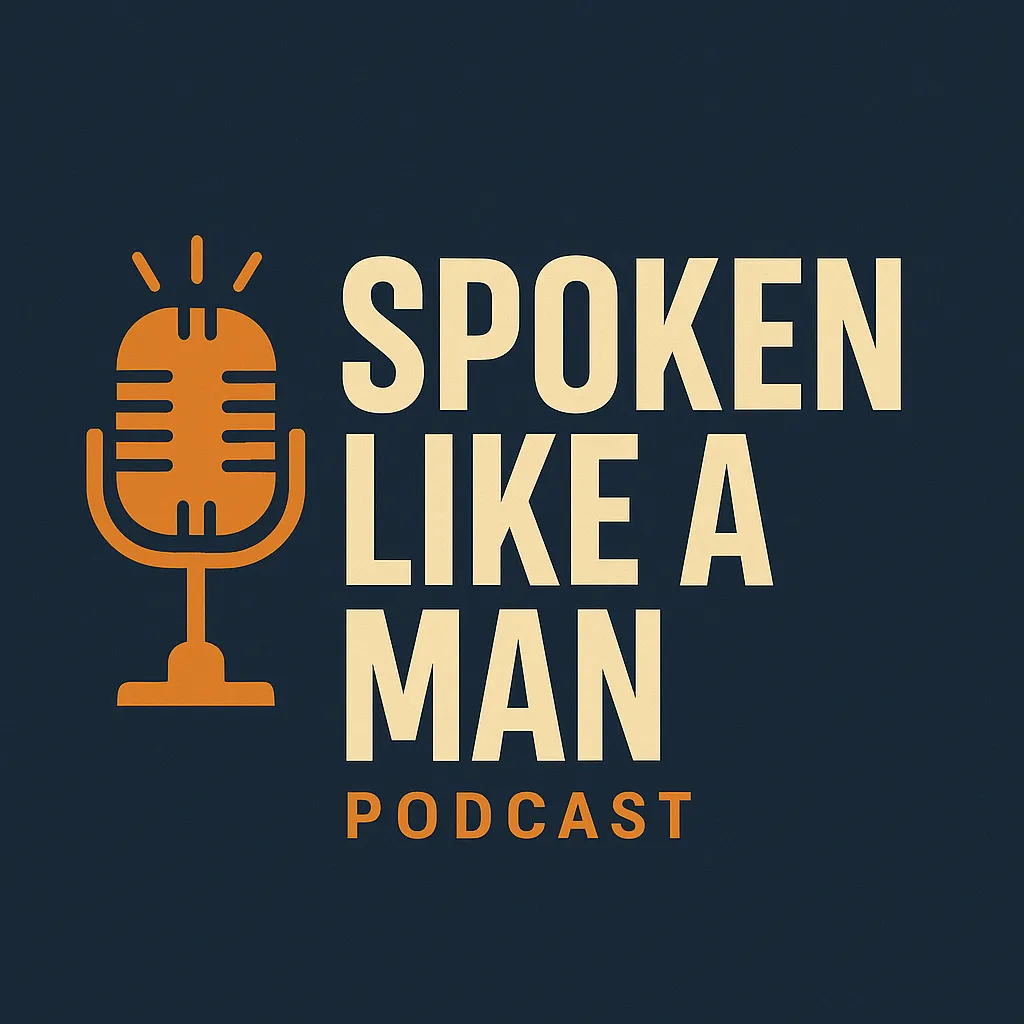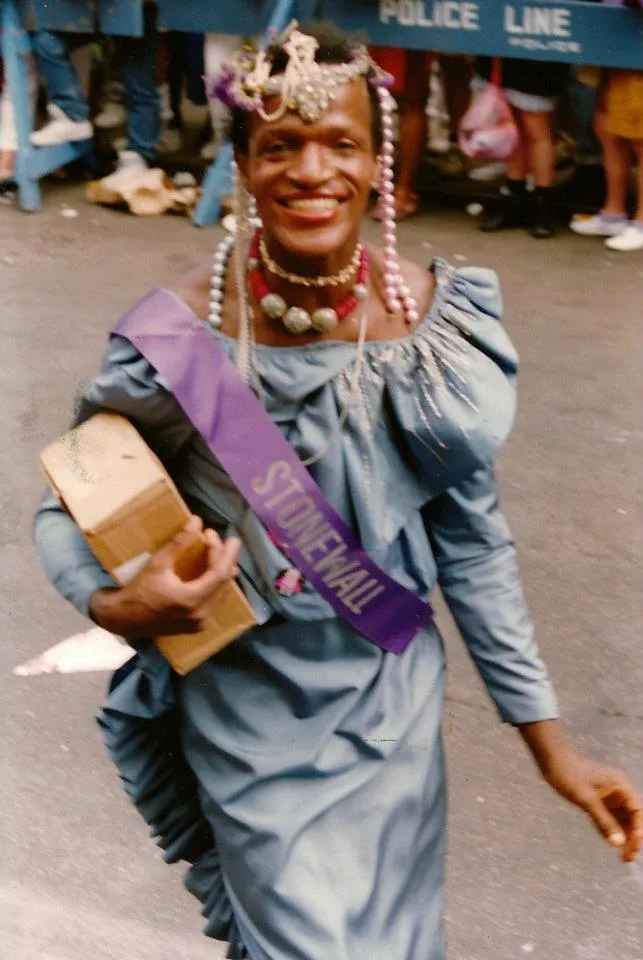
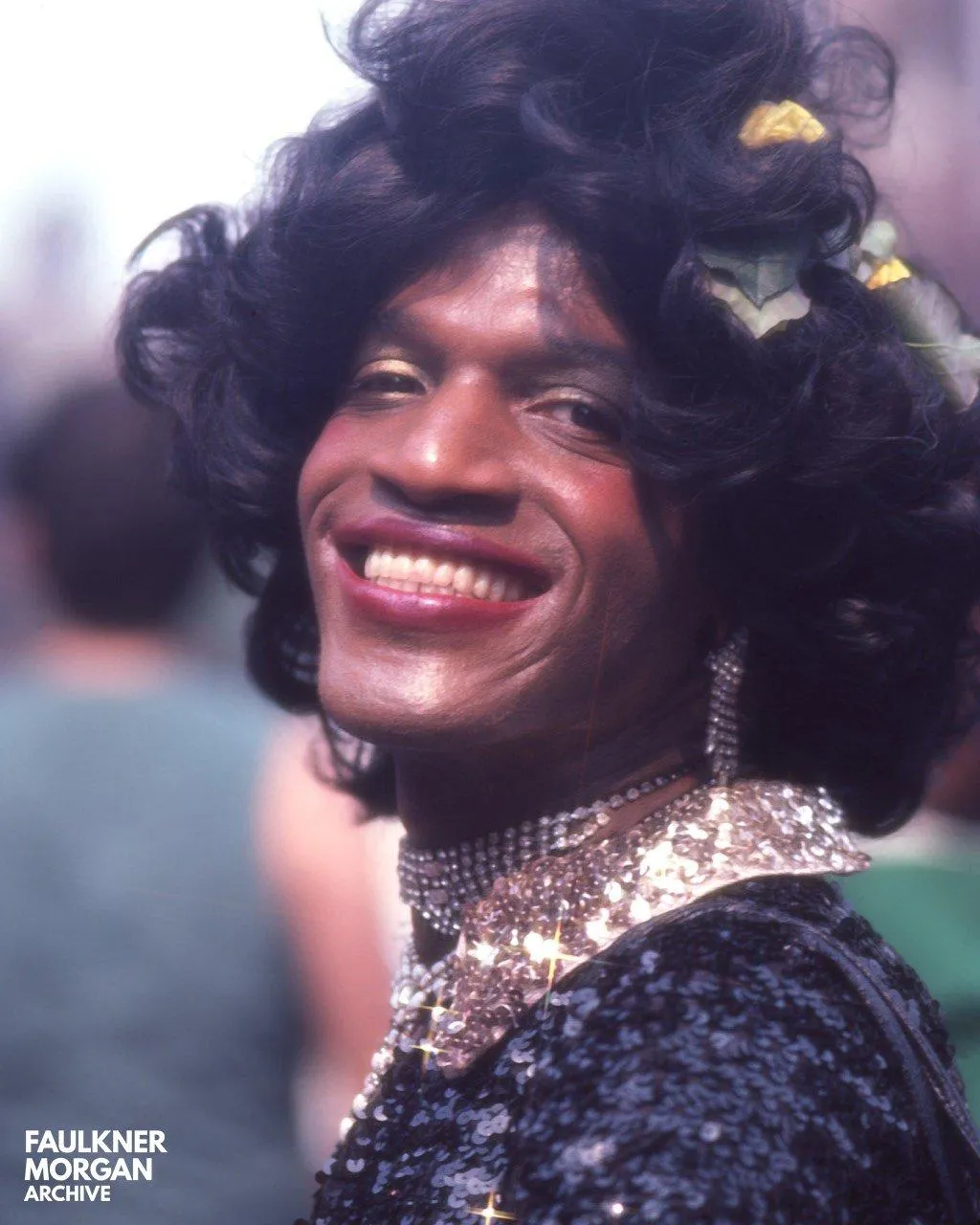
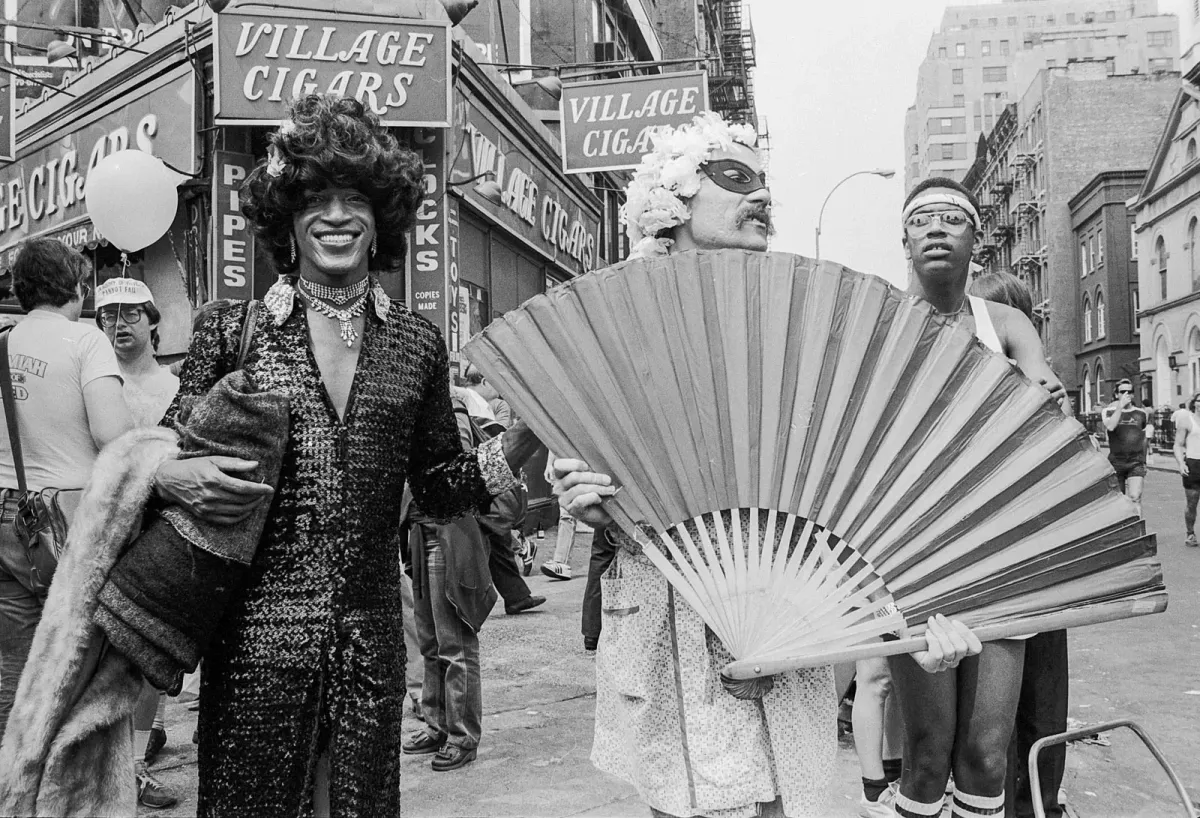
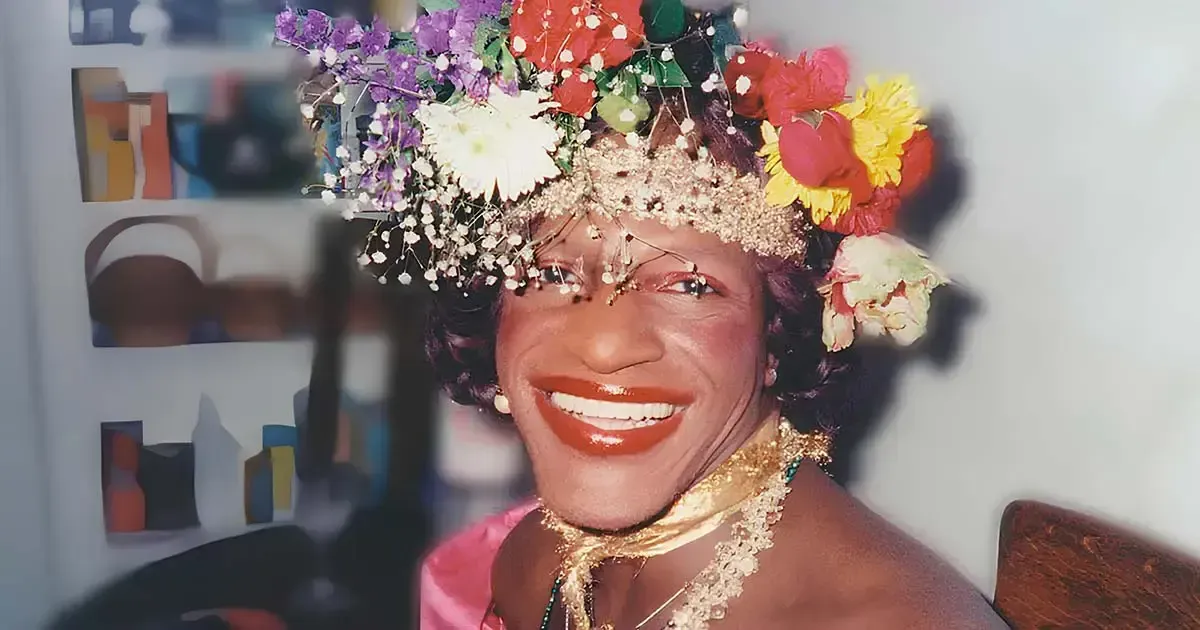
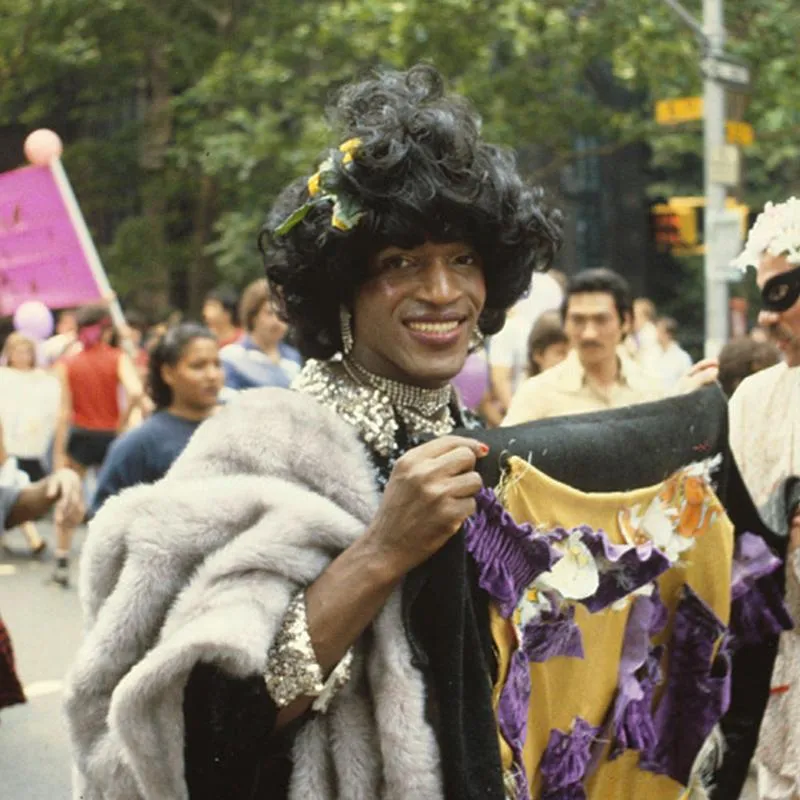
Identity: Biological male
Self-Identification: Gay drag queen
Orientation: Gay
Known for: Street performer, activist, and co-founder of STAR; later mythologized as a “trans woman of color” despite never using that term to describe himself
Early Life and Background
Born Malcolm Michaels Jr. in Elizabeth, New Jersey, Marsha was raised in a religious Black family. He began dressing in women’s clothing at an early age but faced ridicule and harassment.
After graduating high school, Marsha moved to New York City in 1963 with very little money and quickly became part of the Greenwich Village queer scene. He adopted the name “Marsha P. Johnson” — saying the “P” stood for “Pay it no mind,” his way of brushing off questions about his gender expression.
Marsha identified as a gay man and a drag queen, not a transgender woman.
Presence at the Stonewall Uprising
Marsha has become central to modern retellings of the Stonewall Uprising, with frequent — but inaccurate — claims that he “threw the first brick.”
In truth:
Marsha did not arrive at the bar until well after the riot had started.
He never claimed to have started it, and in fact said he showed up after it was already “in full swing.”
Multiple eyewitnesses (including Fred Sargeant) confirmed this timeline.
“I was uptown and didn’t get downtown until about 2 a.m. The place was already on fire.”
— Marsha P. Johnson, interview in David Carter's book “Stonewall: The Riots That Sparked the Gay Revolution”
Post-Stonewall Activism
After Stonewall, Marsha co-founded S.T.A.R. (Street Transvestite Action Revolutionaries) with Sylvia Rivera. The group:
Focused on helping homeless gay youth and drag queens (many of whom were young men, not trans)
Was short-lived due to lack of funding and internal conflict
Often struggled with basic needs like rent and food
Marsha became a well-known figure at protests and pride marches — not as a speaker or organizer, but as a visible symbol of the queer community’s diversity. He was known for wearing flower crowns, thrifted outfits, and handing out food and smiles.
Marsha also battled mental health issues, and was hospitalized multiple times. Friends noted his behavior could be erratic, often talking to himself or disappearing for long stretches.
Death and Legacy
Marsha was found dead in the Hudson River in July 1992. Initially ruled a suicide, his friends and family suspected foul play, and the case was reopened in 2012 but remains unresolved.
His death became a rallying cry for those claiming systemic violence against gender nonconforming people.
Misrepresentation in Modern Narratives
In recent years, Marsha has been posthumously rebranded as a “Black trans woman”, despite:
Never using that term
Explicitly identifying as a gay drag queen
Participating in activism centered on gay men and street kids, not gender identity reform
This rewriting has been heavily critiqued by historians and Stonewall eyewitnesses.
Why Marsha P. Johnson Matters
Was a beloved member of the queer community and a symbol of joyful resilience.
Co-founded a group to help vulnerable gay youth and street queens survive.
Did not identify as trans, did not start Stonewall, and did not claim to.
Is now being used as a symbol for modern ideologies he never endorsed.
Works Cited
David Carter. Stonewall: The Riots That Sparked the Gay Revolution. St. Martin’s Press, 2004.
Primary source confirming Johnson’s arrival after the riots began, including the quote: “I was uptown and didn’t get downtown until about 2 a.m. The place was already on fire.”
Biography.com Editors. “Marsha P. Johnson Biography.” biography.com
Details on Johnson’s early life, move to New York, self-identification, and activism. Verifies the meaning of the “P” in her name and STAR’s founding.
National Women’s History Museum. “Marsha P. Johnson.” womenshistory.org
Source for biographical background, including her role in Pride events, mental health struggles, and posthumous legacy.
Encyclopedia Britannica Kids. “Marsha P. Johnson.” britannica.com
Confirms key life events, orientation, cause of death, and her impact on LGBTQ+ activism.
Wikipedia. “Marsha P. Johnson.” en.wikipedia.org
Cross-referenced for verification of birth/death dates, STAR formation, identity labels, and her role during and after Stonewall. Includes links to original interview transcripts and historical analysis.
